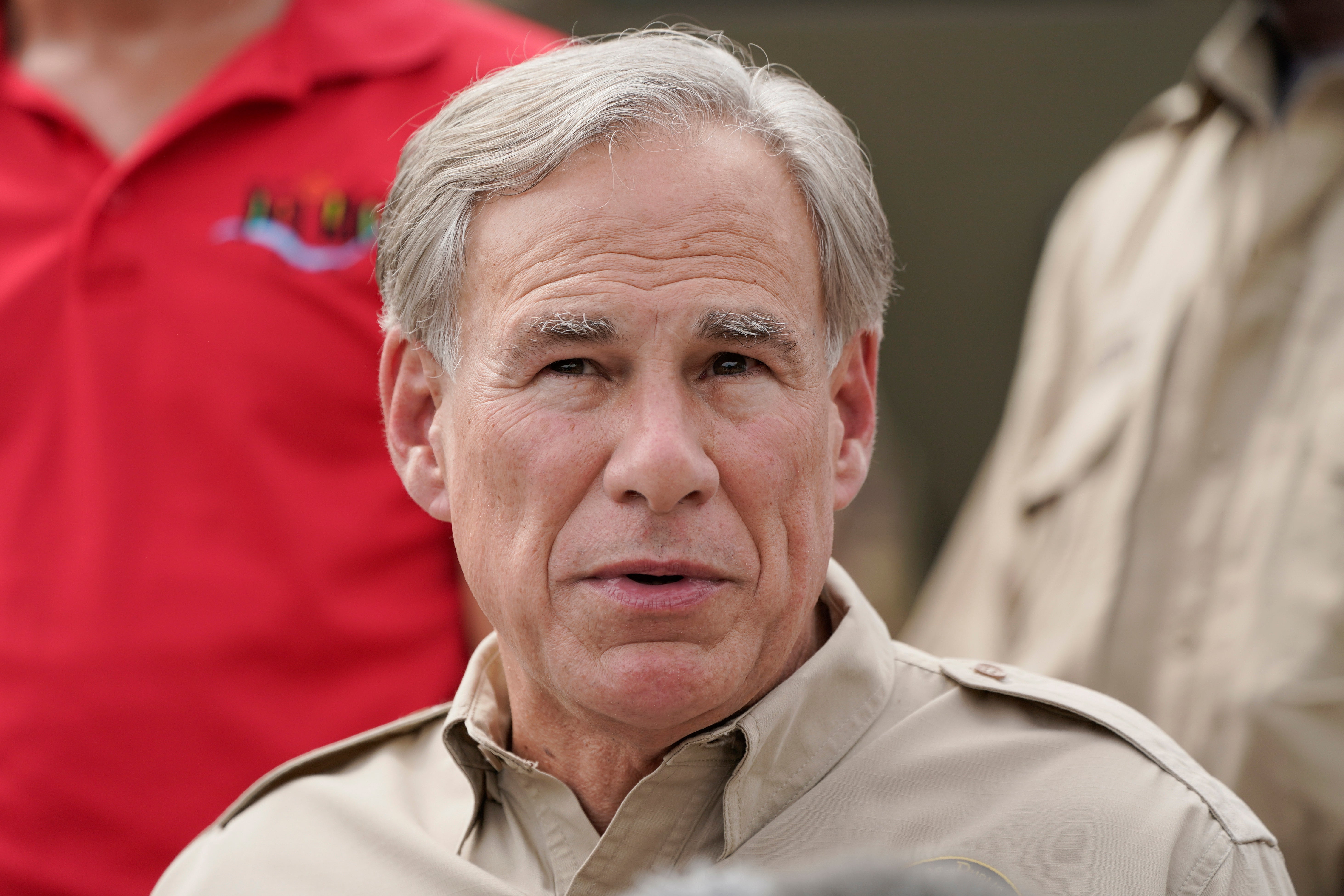Texas governor's decision: Whether to pardon George Floyd
Time is running out for Texas Gov. Greg Abbott to decide whether to posthumously pardon George Floyd for a 2004 drug arrest

Doling out pardons is a holiday tradition for Texas Gov. Greg Abbott who around every Christmas grants them to a handful of ordinary citizens, typically for minor offenses committed years or decades ago.
But one name stands out on his desk: George Floyd
Abbott has not said whether he will posthumously pardon Floyd this year for a 2004 drug arrest in Houston by a former officer whose police work is no longer trusted by prosecutors. Texas' parole board — stacked with Abbott appointees — unanimously recommended a pardon for Floyd in October.
Since then, the two-term Republican governor, who is up for reelection in 2022, has given no indication of whether he will grant what would be only the second posthumous pardon in Texas history. Floyd, who was Black, spent much of his life in Houston before moving to Minnesota, where his death under the knee of a white police officer last year led to a U.S. reckoning on race and policing.
“It doesn’t matter who you think George Floyd was, or what you think he stood for or didn’t stand for,” said Allison Mathis, a public defender in Houston who submitted Floyd's pardon application. “What matters is he didn’t do this. It’s important for the governor to correct the record to show he didn’t do this.”
A spokeswoman for Abbott did not respond to requests for comment.
Pardons restore the rights of the convicted and forgive them in the eyes of the law. Floyd’s family and supporters said a posthumous pardon for him in Texas would show a commitment to accountability.
In February 2004, Floyd was arrested in Houston for selling $10 worth of crack in a police sting. He pleaded guilty to a drug charge and served 10 months in prison.
His case happened to be among dozens that prosecutors revisited in the fallout over a deadly drug raid in 2019 that resulted in murder charges against an officer, Gerald Goines who is no longer with the Houston force. Prosecutors say Goines lied to obtain a search warrant in the 2019 raid that left a husband and wife dead, and the office of Harris County District Attorney Kim Ogg has since dismissed more than 160 drug convictions tied to Goines.
Goines has pleaded not guilty and his attorneys accuse Ogg of launching the review for political gain.
Abbott has several primary challengers from the far right, and his ongoing silence about a potential pardon for Floyd has raised questions by Mathis and others over whether political calculations are at play. His office has not responded to those charges.
Abbott attended Floyd’s memorial service last year in Houston, where he met with the family and floated the idea of a “George Floyd Act” that would take aim at police brutality. But Abbott never publicly supported such a measure months later when lawmakers returned to the Capitol, where Republicans instead made police funding a priority.
State Sen. Royce West, a Democrat who carried the “George Floyd Act” in the Senate, said he understands the politics if Abbott was waiting until after the GOP primary elections in March. But he said the governor should act on the recommendation.
“As he’s always said, he is a law and order governor," West said. “And this would be following the law."
Bookmark popover
Removed from bookmarks